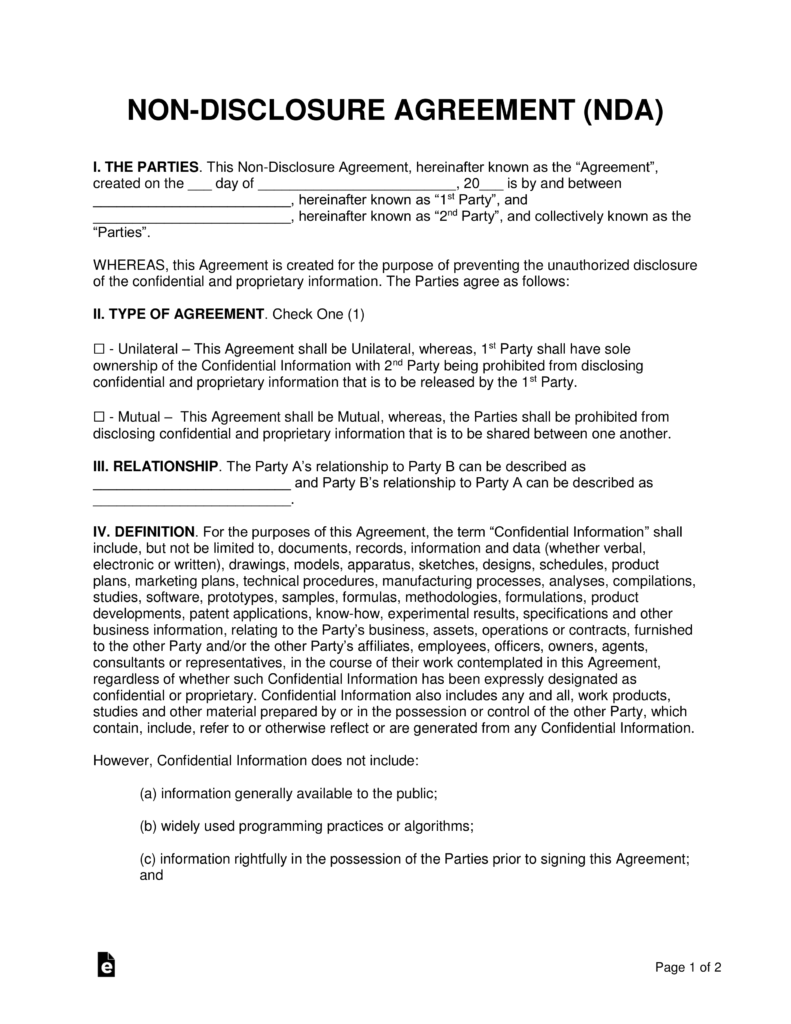Deed of Revocation of Power of Attorney
Use our Revocation of Power of Attorney form to remove someone from your Power of Attorney or to cancel it before making a new one.

Create a Document in 3 Easy Steps
1. Get Started
Choose Your Form or
Location to Begin
2. Answer Questions
Complete Your Document in Minutes
3. Download Document
Download and Print your PDF
For use in England and Wales only.
Give your Attorney the correct notice to terminate the Power of Attorney if you choose to cancel or revoke their appointment with our Deed of Revocation of Power of Attorney. Our Deed of Revocation of Power of Attorney deals with the situation where you no longer wish the Attorney to have the Power that you gave to them, the Power requires formal renewing, or because you are unhappy with their actions. The Attorney must be aware of the Deed of Revocation so that they do not continue to act on your behalf without your new consent, as their actions may still be valid.
Revocation of Power of Attorney? What is it?
Our Revocation of Power of Attorney lets you undo a Power of Attorney you have given to someone else previously. You do not have to give a reason and can revoke an appointed attorney at any time.
When should I use your Revocation of Power of Attorney?
You should use our Revocation of Power of Attorney if you have a General Power of Attorney, Enduring Power of Attorney or a Lasting Power of Attorney and:
- you no longer require the Attorney(s) to act on your behalf; and
- there was no expiration date on the original Power of Attorney, or you are revoking the Power before the expiry date.
What is covered in your Revocation of Power of Attorney?
Our Revocation of Power of Attorney covers:
- the position where you have appointed an attorney previously and now wish to terminate or cancel that appointment as you are no longer happy with your Attorney;
- the position where you have appointed an attorney previously and now want to terminate or cancel that appointment as the General Power of Attorney needs formally renewing after a year has passed;
- The position where you have appointed an attorney previously and now wish to terminate or cancel that appointment as you do not need the Power any longer. This would apply if a General Power of Attorney were given for a specific objective and that objective has been achieved, e.g. signing a contract on your behalf.
When do I need a Revocation of Power of Attorney?
You need to use our Revocation of Power of Attorney to formally terminate and revoke the initial Power of Attorney so that it cannot be exercised any longer.
Who can revoke a Power of Attorney (POA)?
Only a donor with mental capacity can revoke a Power of Attorney.
How do I revoke the Power of Attorney?
The person who gave the Power (the Donor) must complete the Deed of Revocation of Power of Attorney. The Attorney(s) should be notified that their Power to act has ended. In these circumstances, The Donor must demand the Attorney return the copy of the Power of Attorney.
In relation to a Lasting Power of Attorney, the Donor must send the Office of the Public Guardian (OPG) a copy of the Deed of Revocation of Power of Attorney and request it be removed from their register.
In relation to an Enduring Power of Attorney, there is no requirement to send the Deed of Revocation of Power of Attorney to the OPG, unless the Enduring Power of Attorney has been registered with them.
In relation to General Powers of Attorney, there is no requirement to send the Deed of Revocation of Power of Attorney to the OPG.
Do I have to give the notice of Revocation of Power of Attorney to the Attorney(s)?
Yes. The Donor should give the Attorney(s) notice of the Deed of Revocation to end their power. Good practice would be for the Attorney to sign a copy of the Deed of Revocation to confirm that they have received it. If the Attorney is unaware of the Revocation of their power, they can continue to act on your behalf, and their actions could still be valid.
When can I revoke the Power of Attorney?
Providing the Donor has mental capacity; they can cancel the Power of Attorney at any time.
When is a Power of Attorney automatically Revoked?
Automatic revocation of a Power of Attorney could occur, without the need for a Deed of Revocation when:
- There is a refusal by the Attorney(s) to accept the appointment;
- The Attorney(s) die and there are no replacement attorneys listed in the Power of Attorney, or the Attorneys were only authorised to act together/jointly)
- The Donor is married or in a civil partnership with the Attorney and the marriage/civil partnership ends by divorce or dissolution, unless the POA states the contrary.
- The Attorney no longer has the mental capacity to exercise the Power; or
- The Court of Protection removes the Attorney.
What happens on the death of an Attorney?
If an Attorney dies and there is no replacement, the Power of Attorney ends. Where the Power of Attorney is registered with the Office of Public Guardianship (OPG), the Donor (or someone on their behalf) must inform the OPG and provide them with: copies of the death certificate, the original Power of Attorney and any certified copies, with a return address so that the documents can be returned.
Where there are replacement Attorneys listed in the Power of Attorney, the replacement Attorneys should be able to automatically take over the Power of Attorney.
Can the Attorney be a witness to the Revocation of Power of Attorney?
No, the Attorney must not be a witness to the Donor signing the Deed of Revocation.
When the Donor dies, what happens to a Power of Attorney?
Power of Attorney ends automatically on the death of the Donor. After the Donor dies, their affairs will be taken care of by the executors or personal representatives to their estate and not the Attorney.
The law of England and Wales governs our Revocation of Power of Attorney.
Revocation of Power of Attorney known as:
Deed of Revocation
POA revocation.

